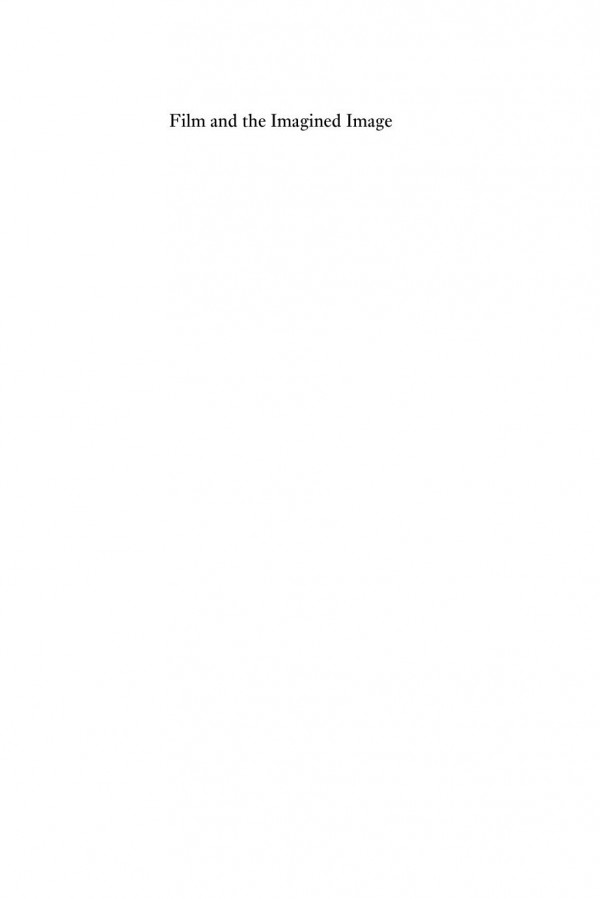

Most ebook files are in PDF format, so you can easily read them using various software such as Foxit Reader or directly on the Google Chrome browser.
Some ebook files are released by publishers in other formats such as .awz, .mobi, .epub, .fb2, etc. You may need to install specific software to read these formats on mobile/PC, such as Calibre.
Please read the tutorial at this link: https://ebookbell.com/faq
We offer FREE conversion to the popular formats you request; however, this may take some time. Therefore, right after payment, please email us, and we will try to provide the service as quickly as possible.
For some exceptional file formats or broken links (if any), please refrain from opening any disputes. Instead, email us first, and we will try to assist within a maximum of 6 hours.
EbookBell Team

4.4
22 reviewsFrom documentary to art-house cinema – and from an abundance of onscreen images to their complete absence – films that experiment variously with narration, voice-over and soundscapes do not only engage viewers’ thoughts and senses. They also make an appeal to visualise more than is perceptible on screen.
This book explores the extraordinary ways in which film can stimulate and direct the image-making capacity of the imagination. Bringing together an international range of films with debates in philosophy, film theory, literary scholarship and cognitive psychology, author Sarah Cooper charts the key processes that serve the imagining of images in the light of the mind.
Through its navigation of a labile and vivid mental terrain, this innovative work makes a profound contribution to the study of spectatorship.